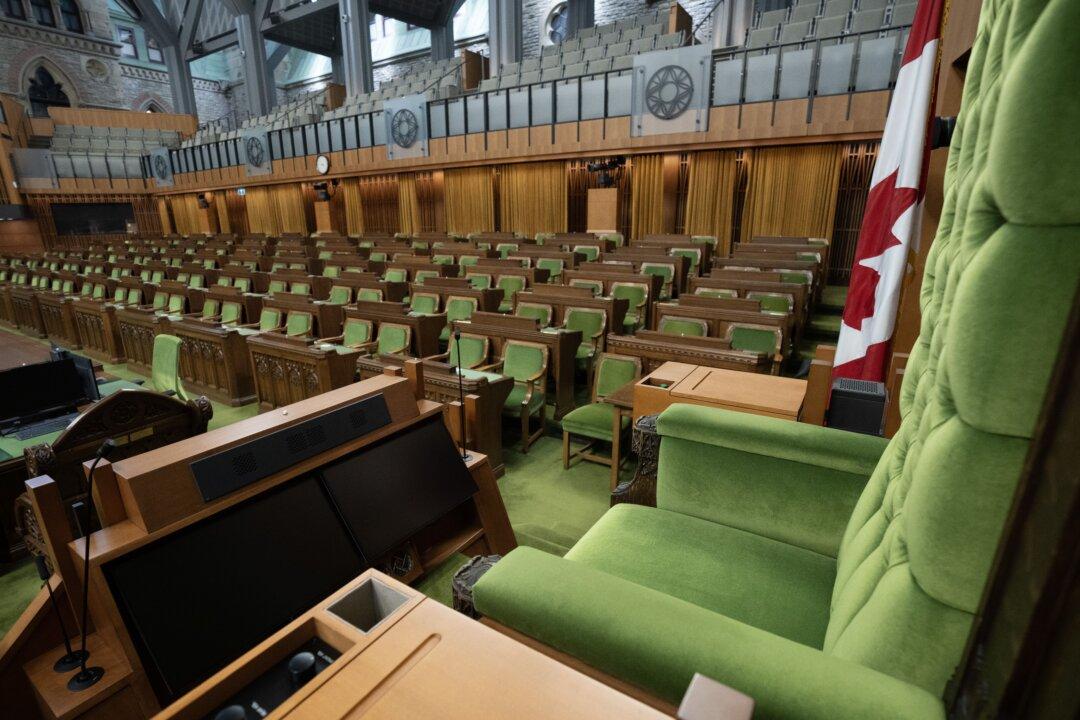News Analysis
Whether Prime Minister Justin Trudeau decides to stay or go, the country could be heading toward a spring election and the government’s current legislative agenda would be relegated to the archives.

Whether Prime Minister Justin Trudeau decides to stay or go, the country could be heading toward a spring election and the government’s current legislative agenda would be relegated to the archives.